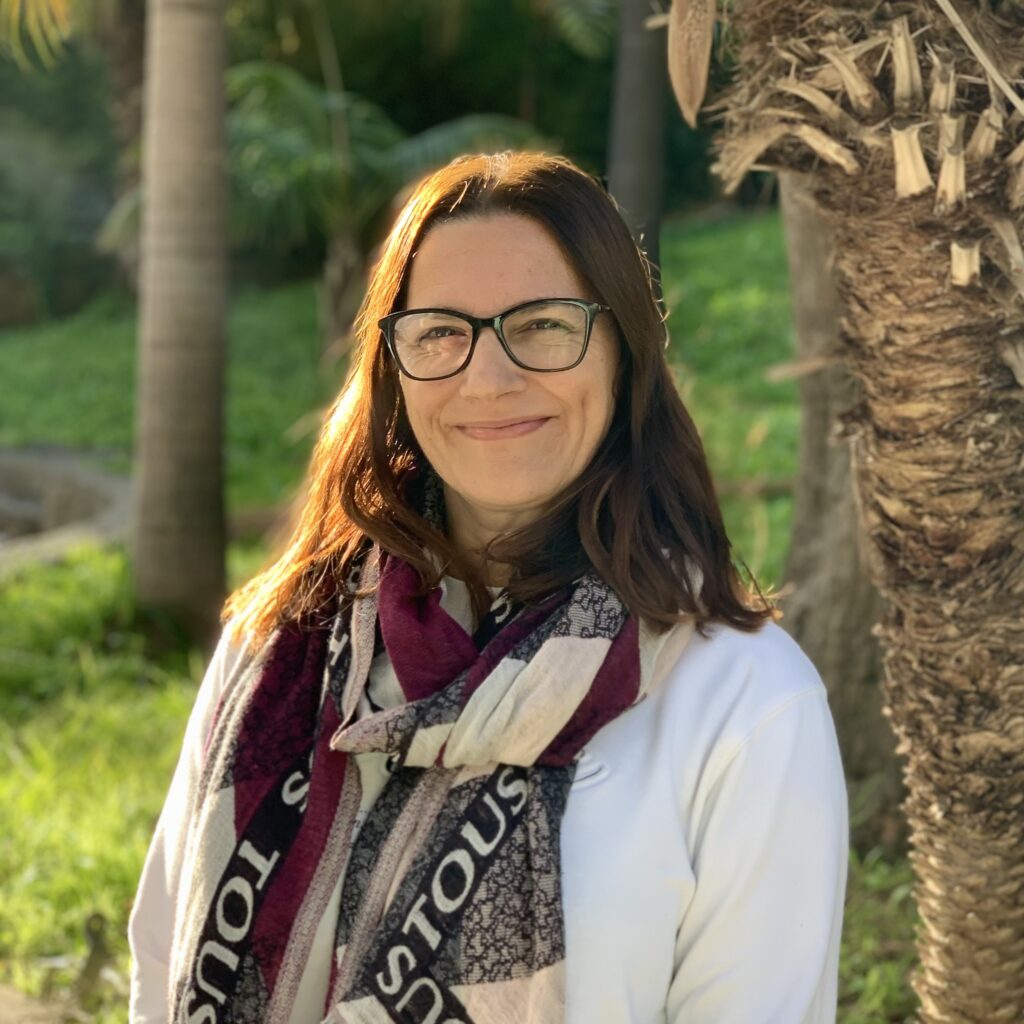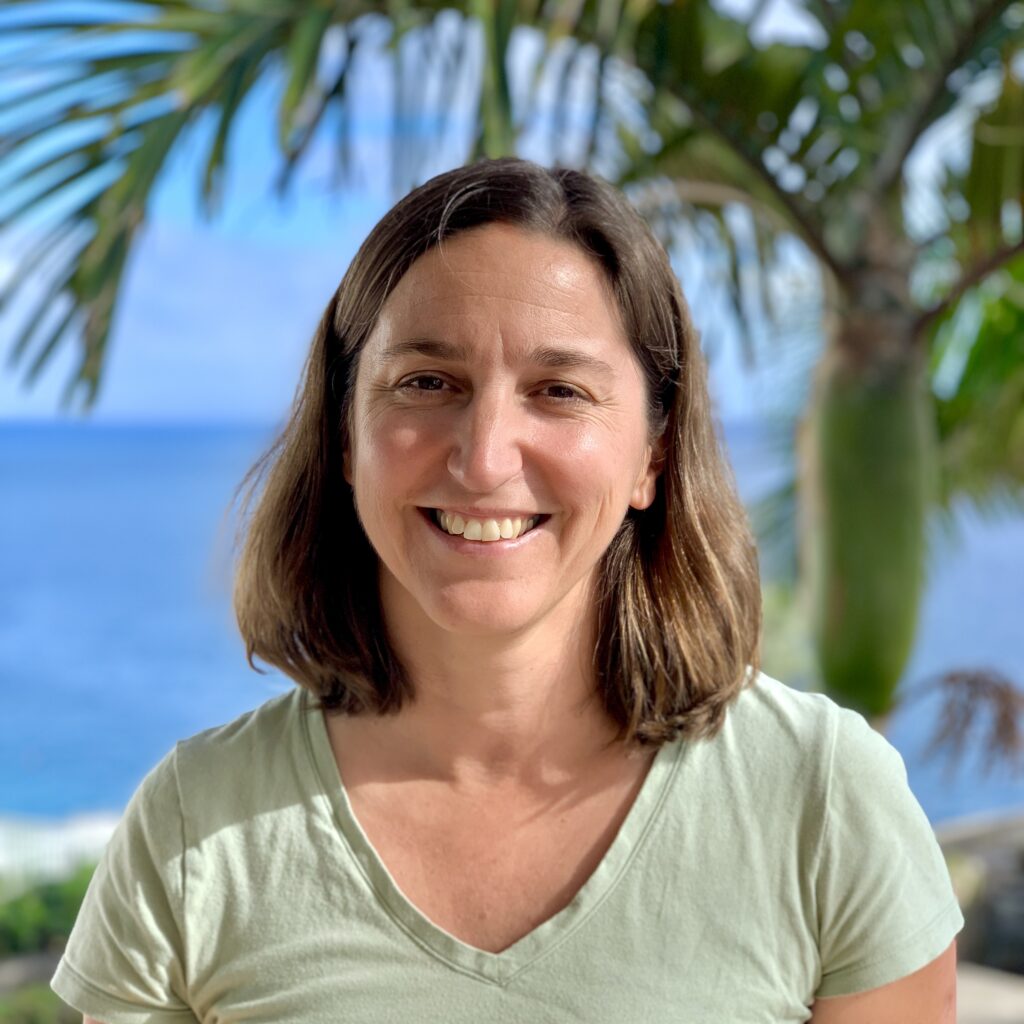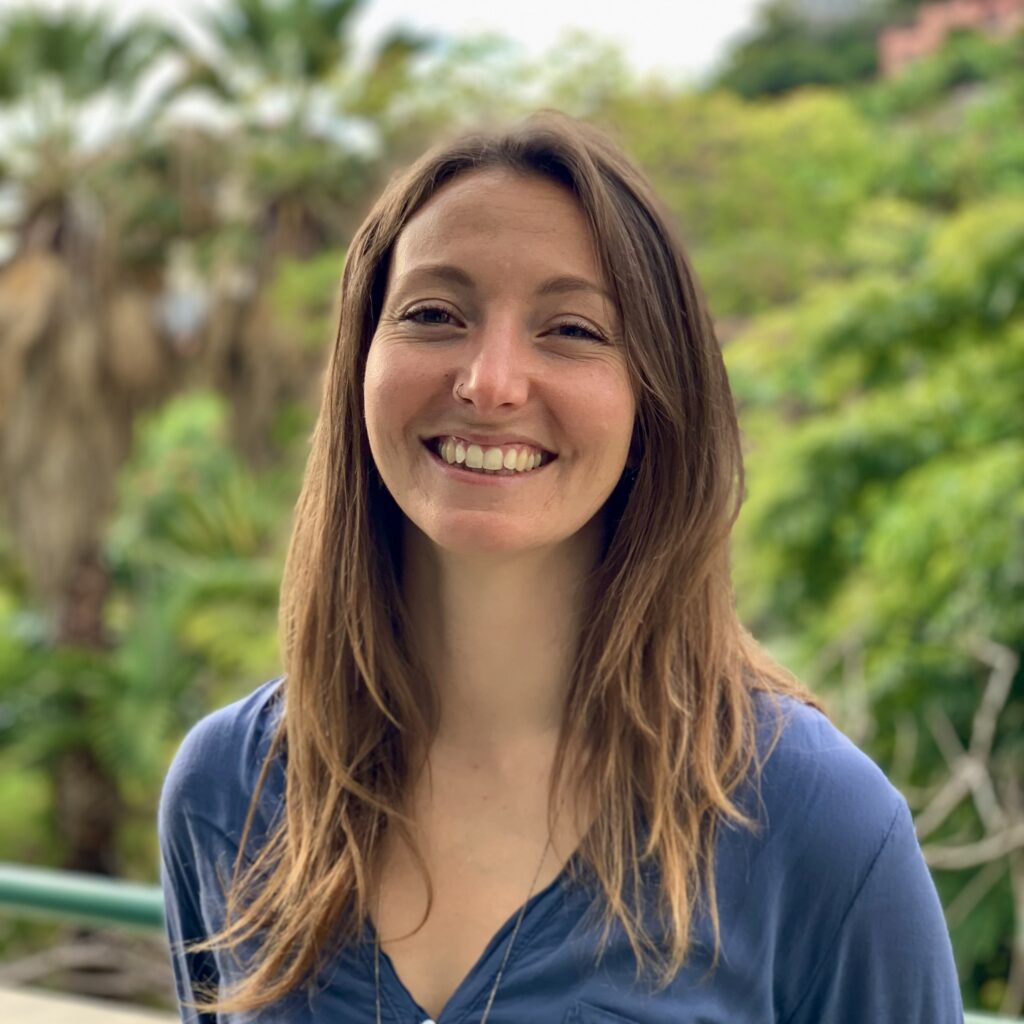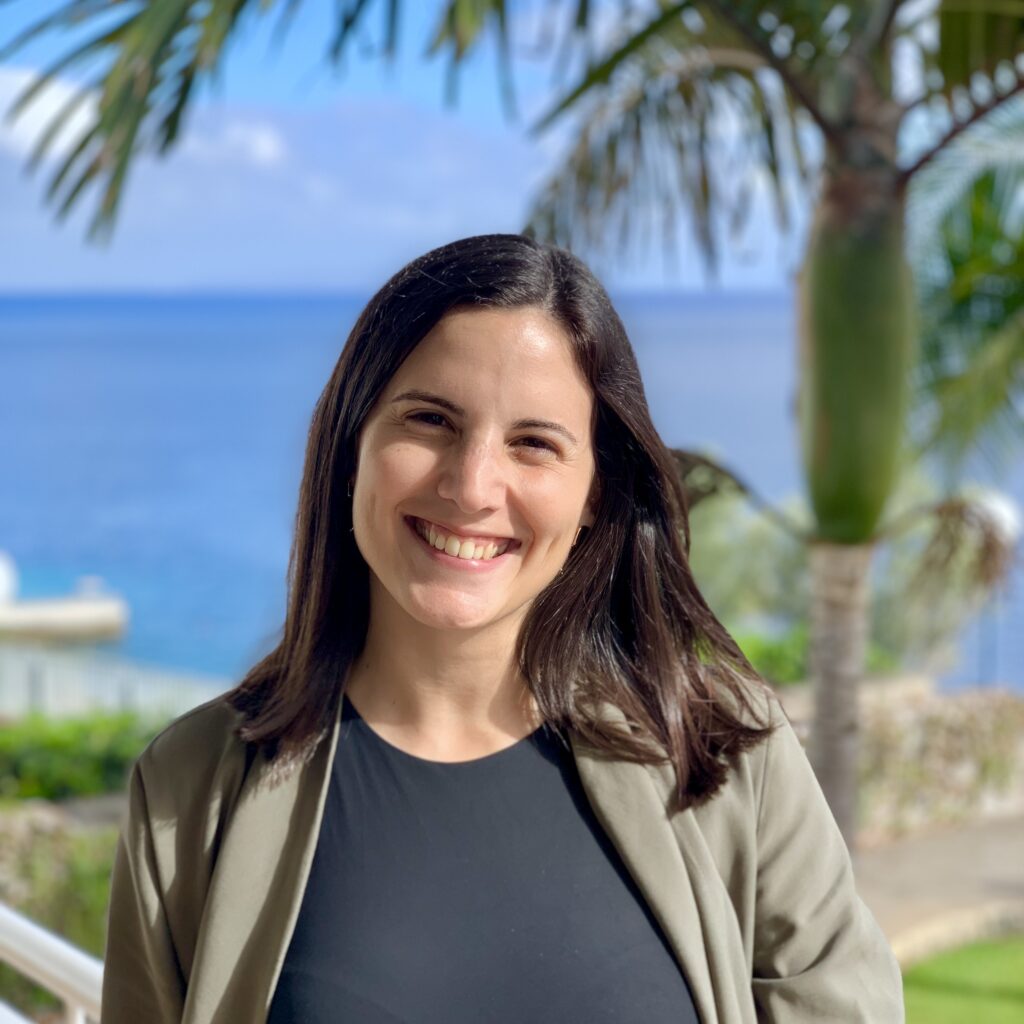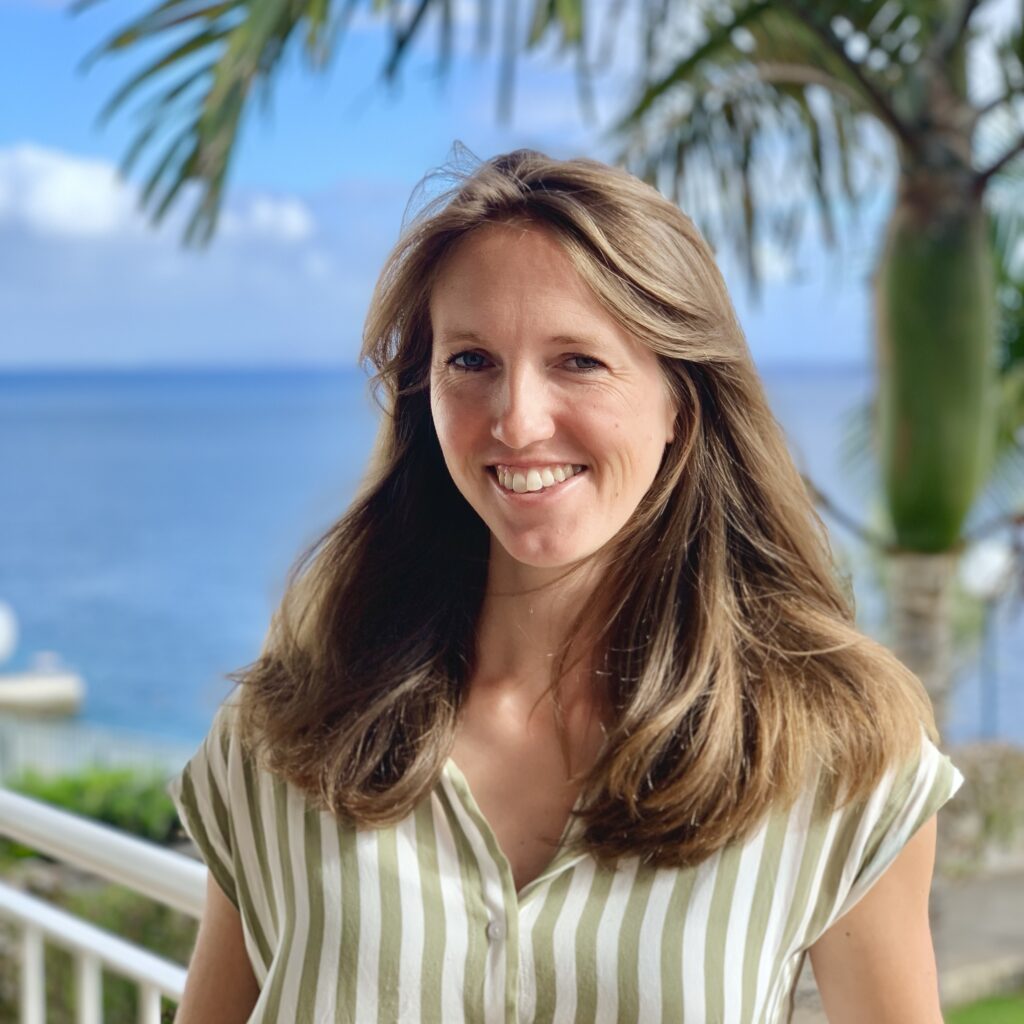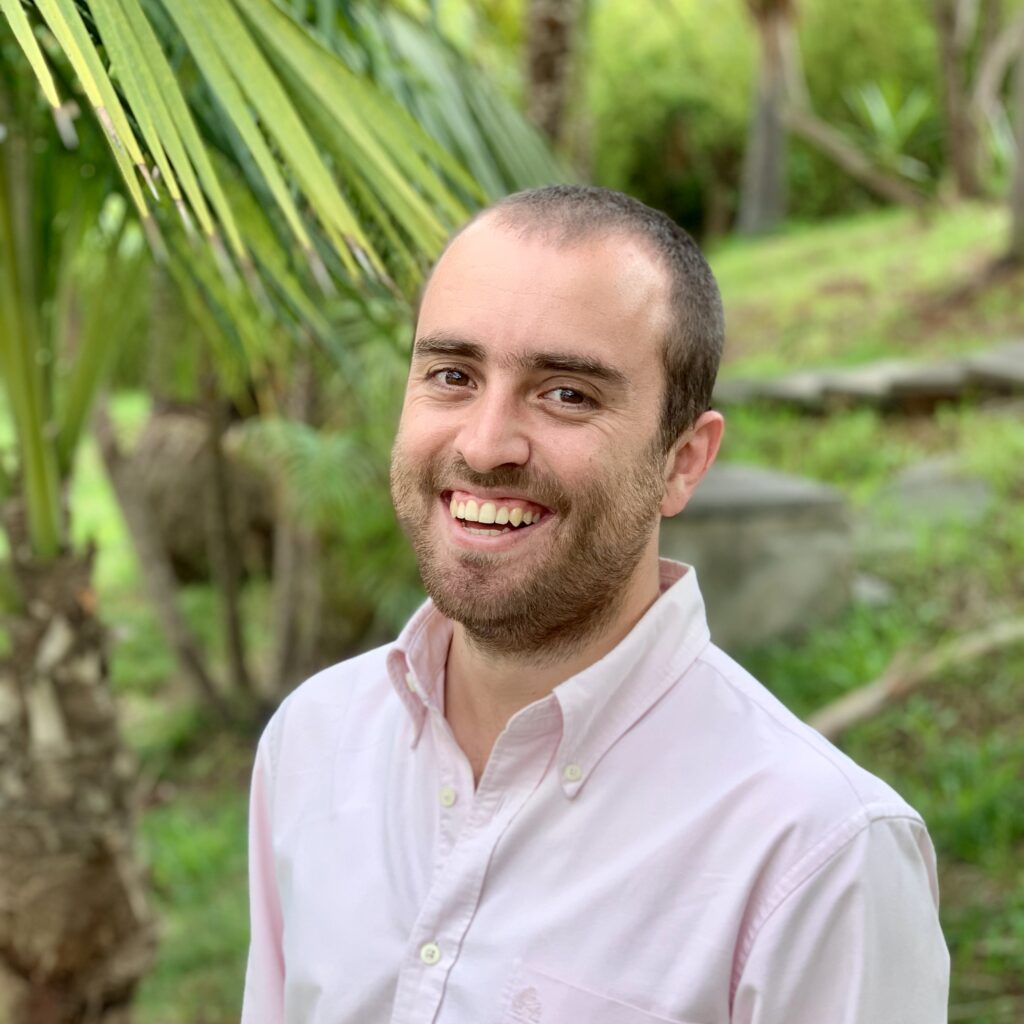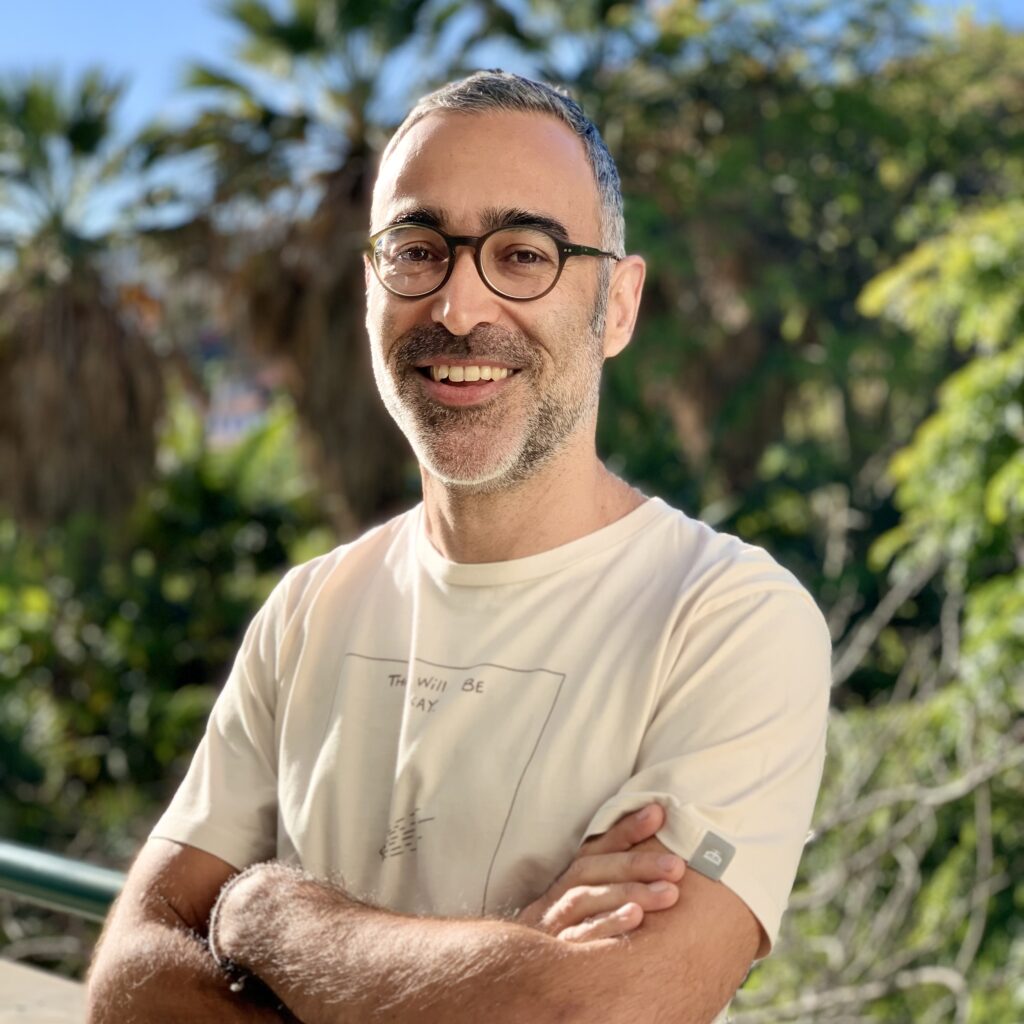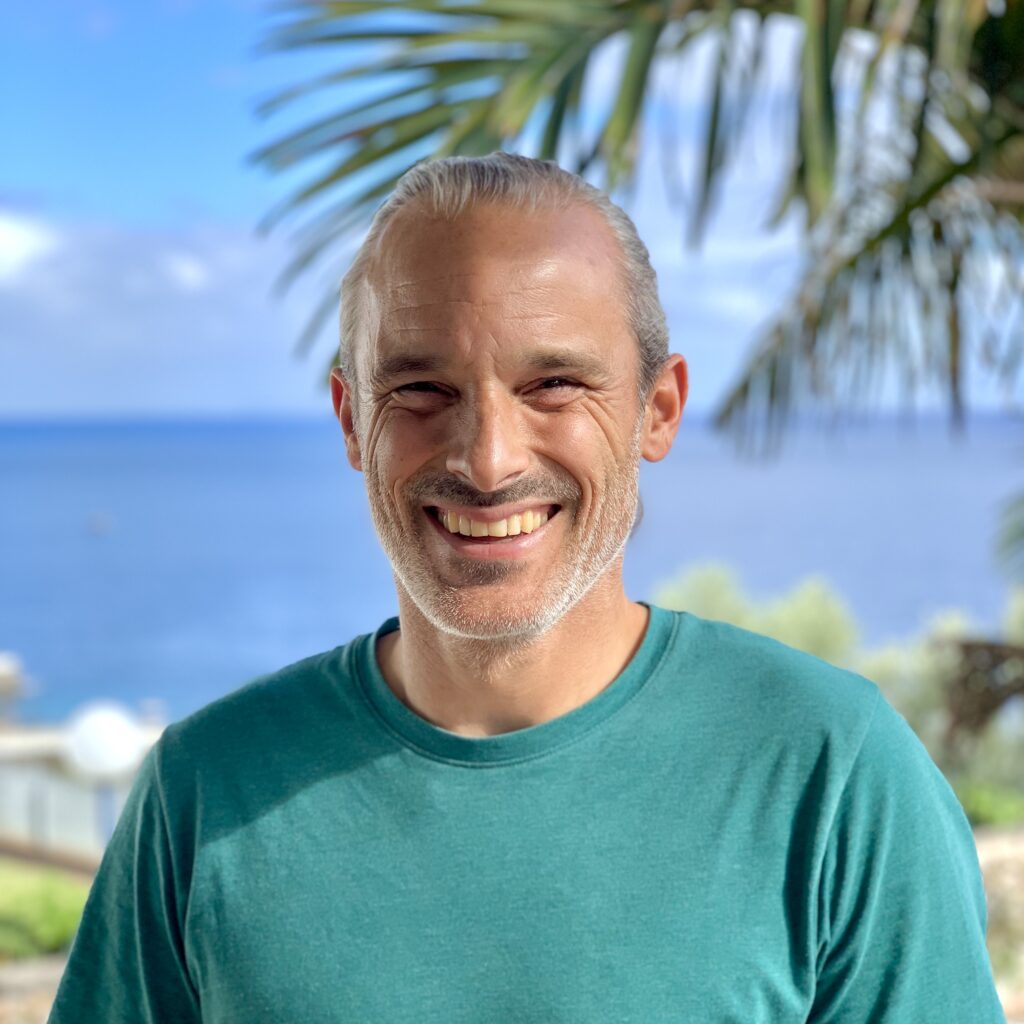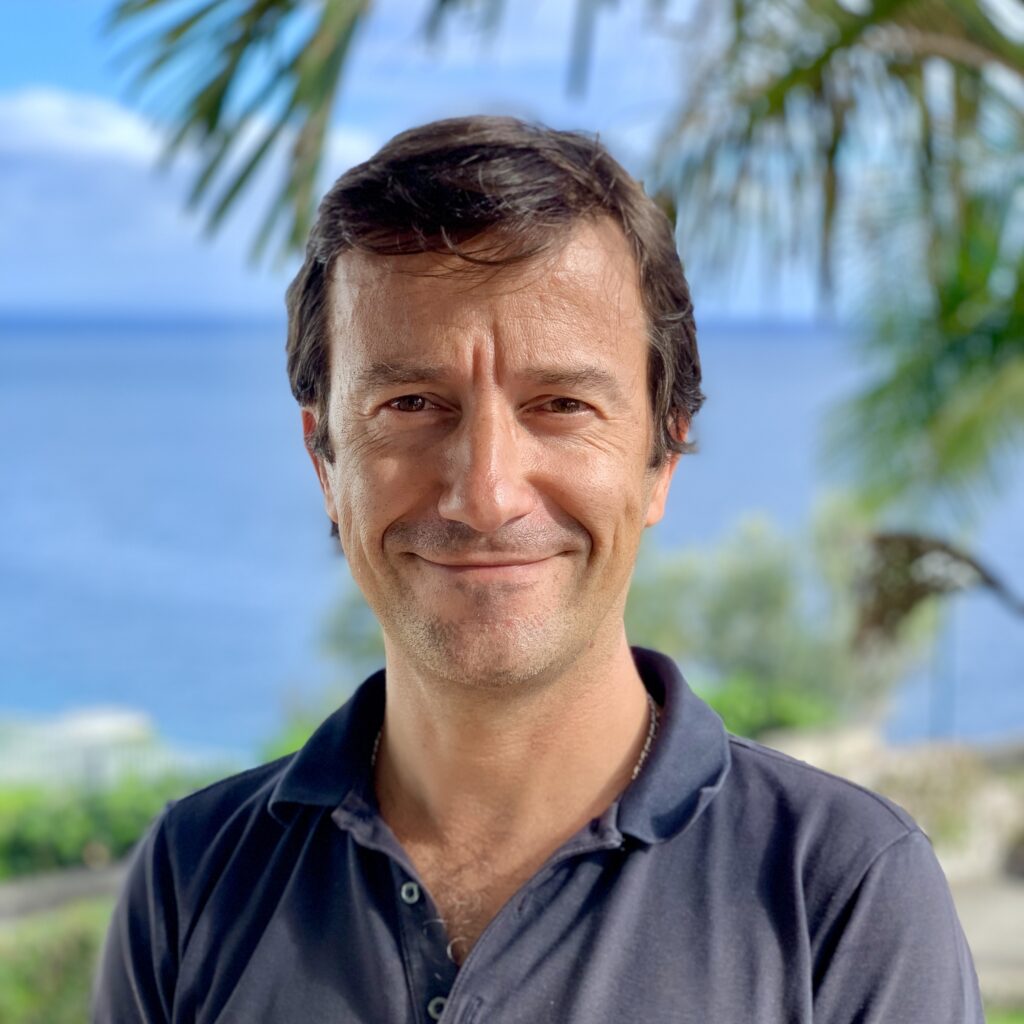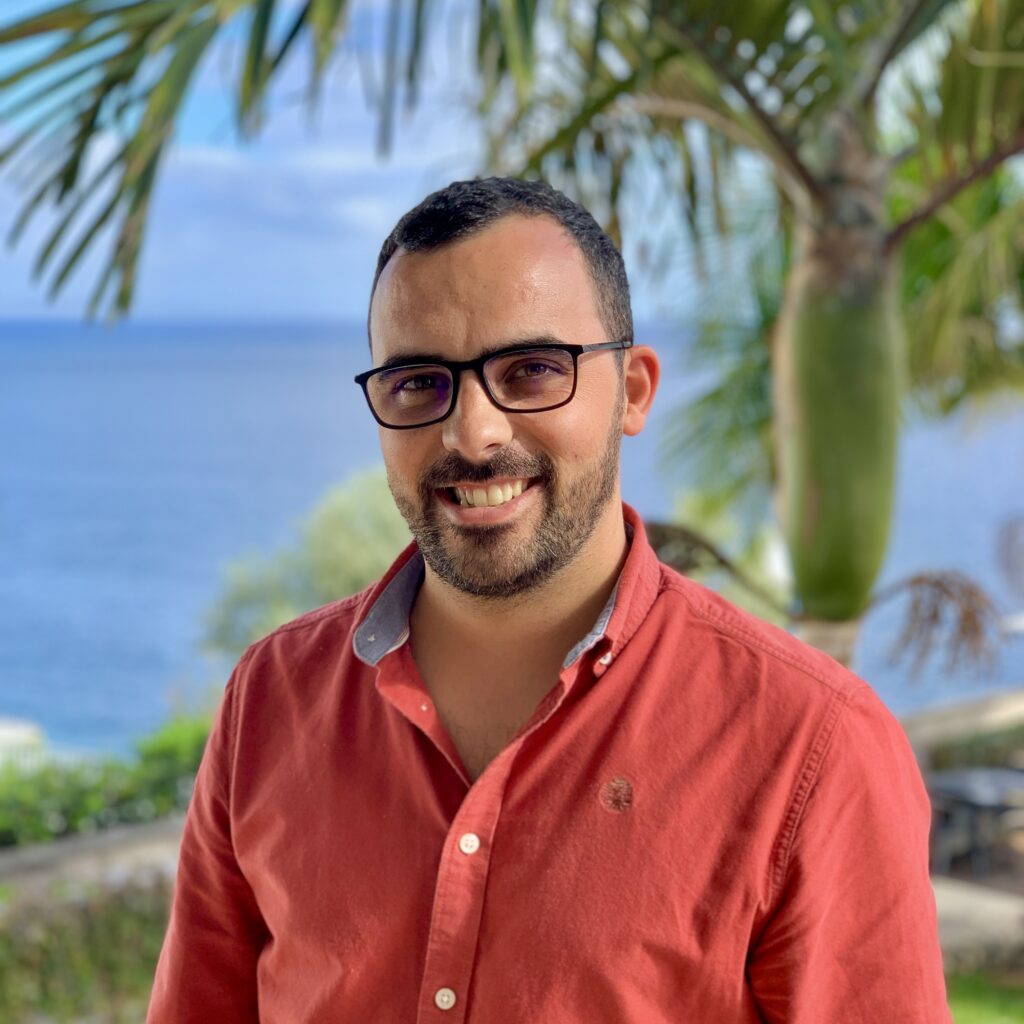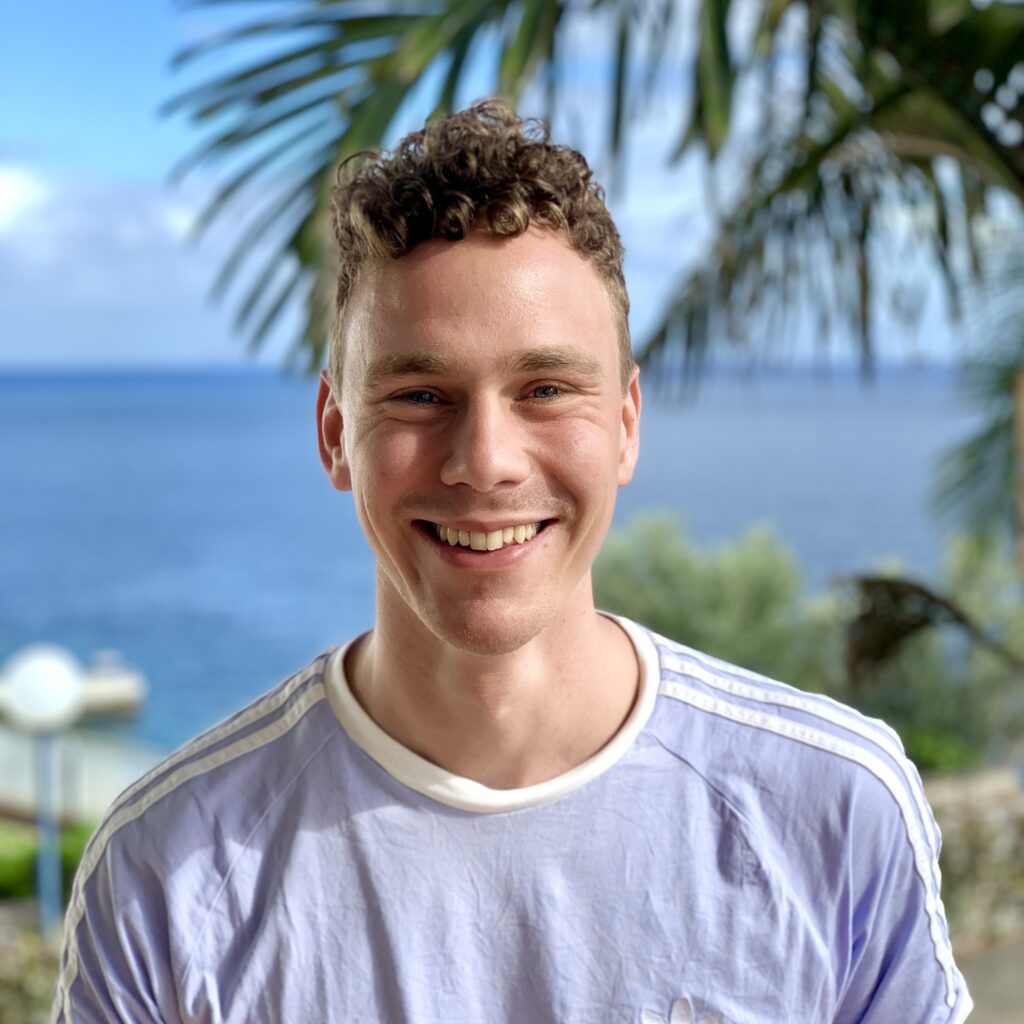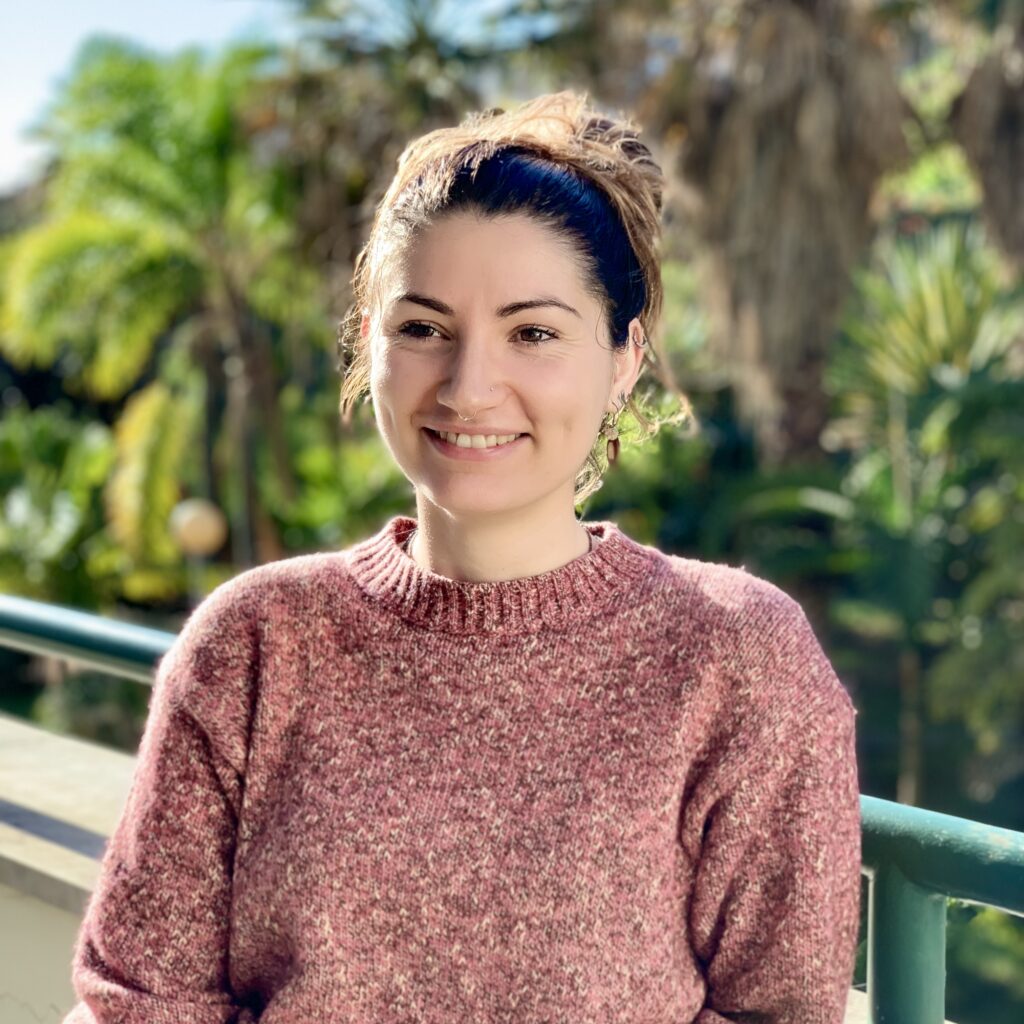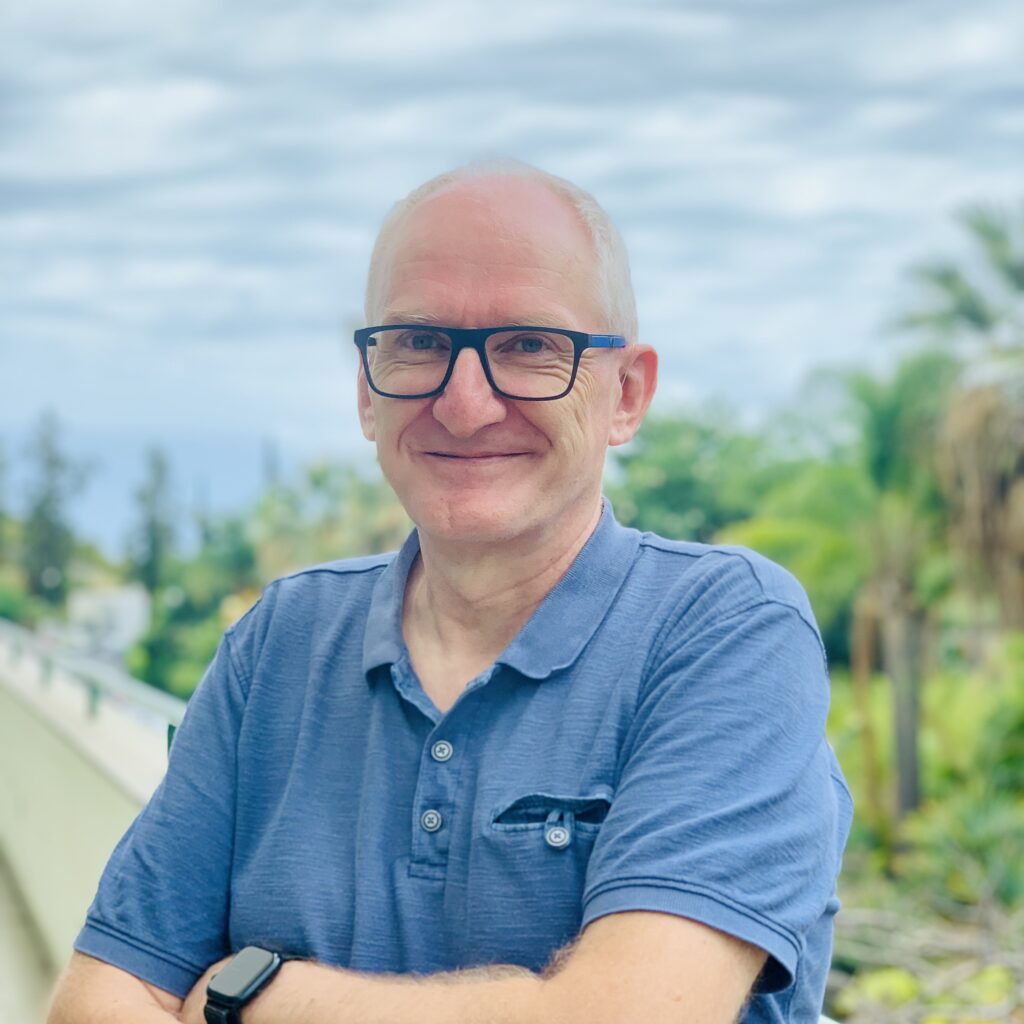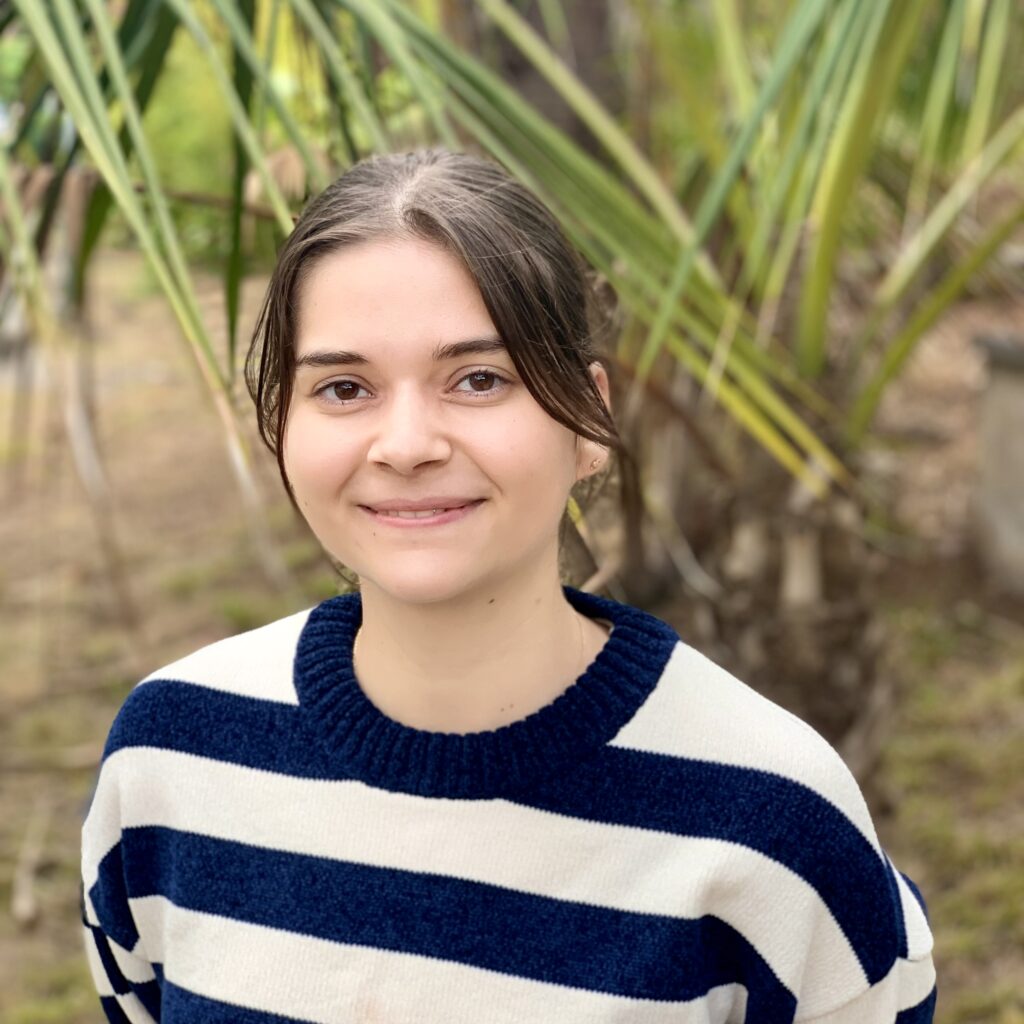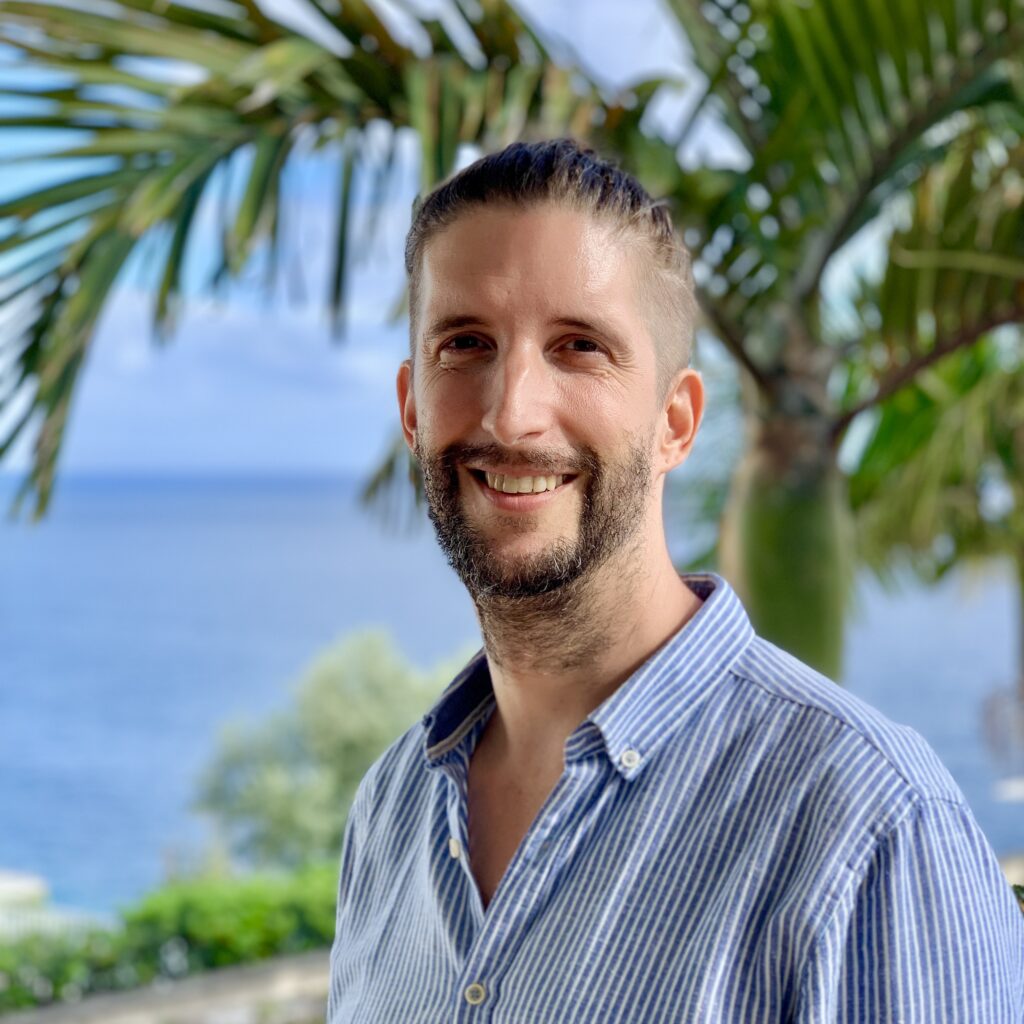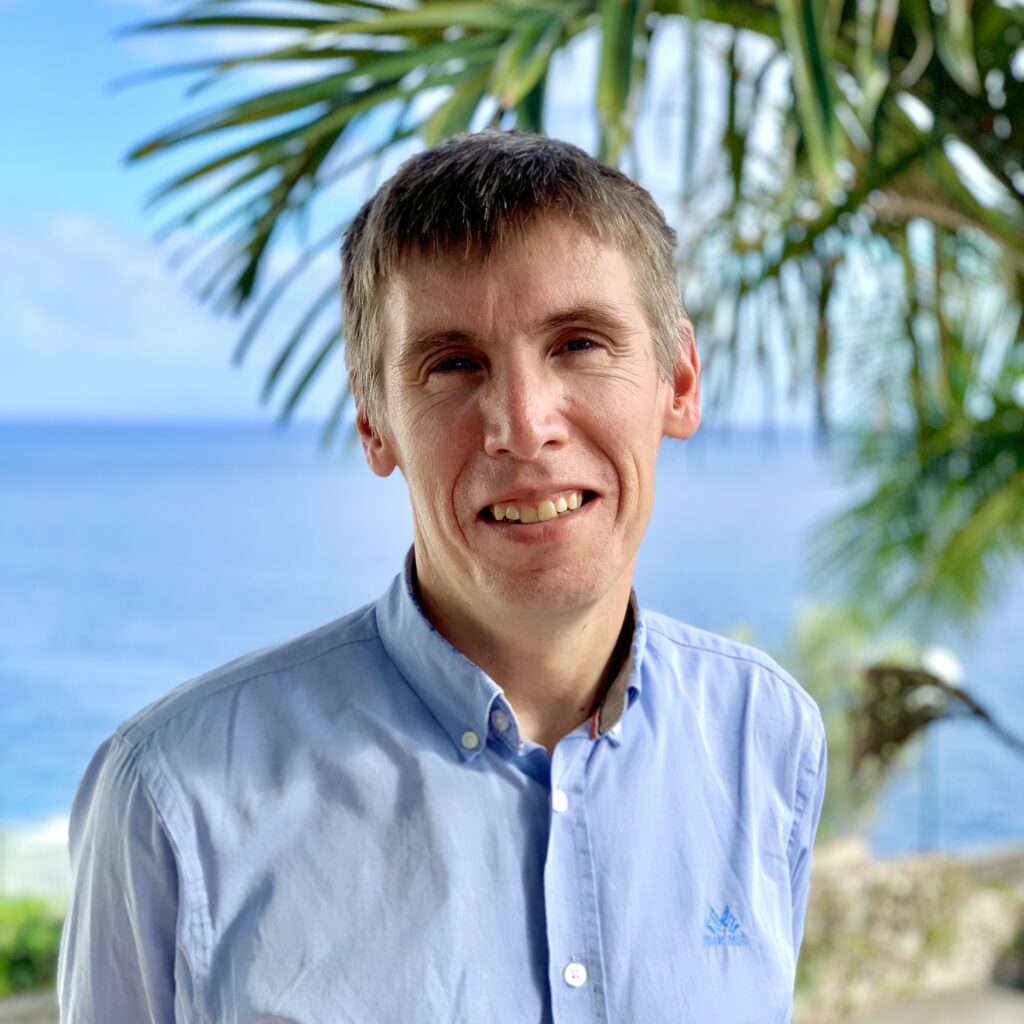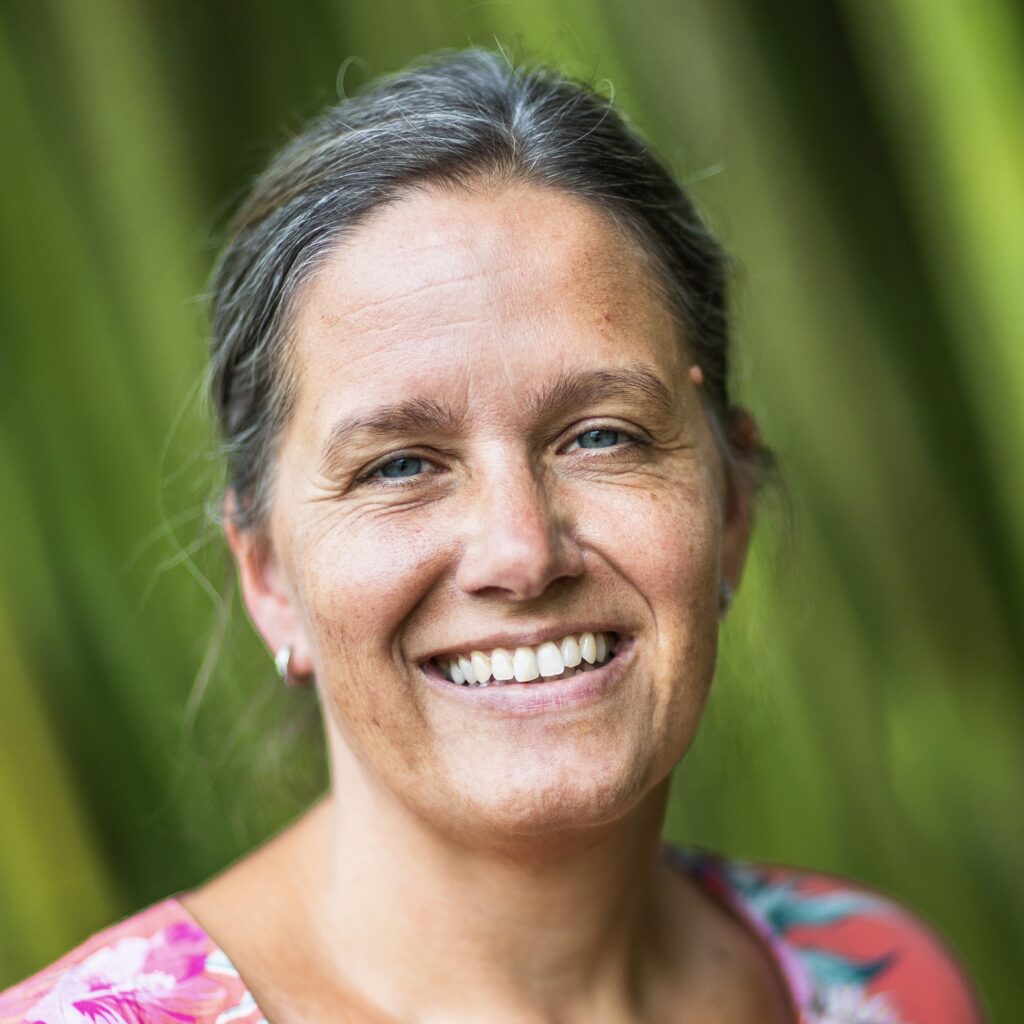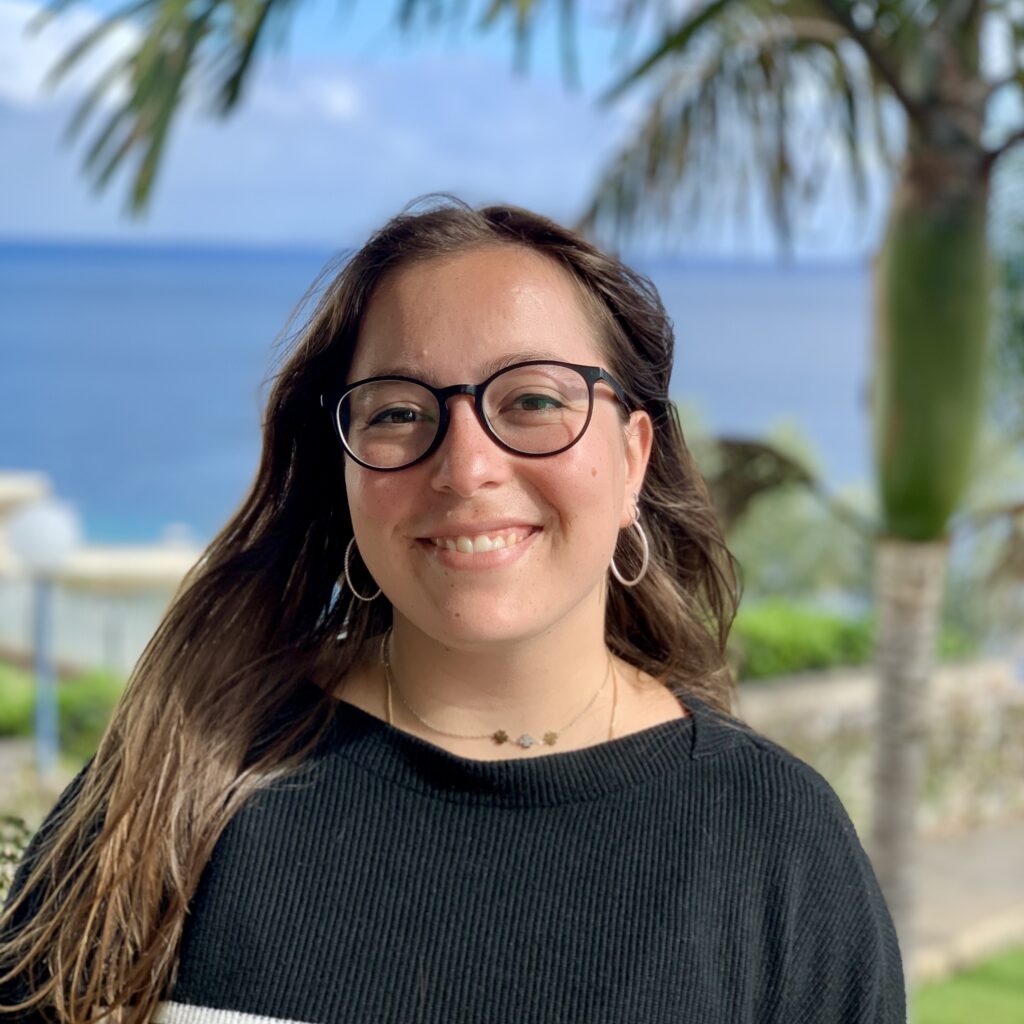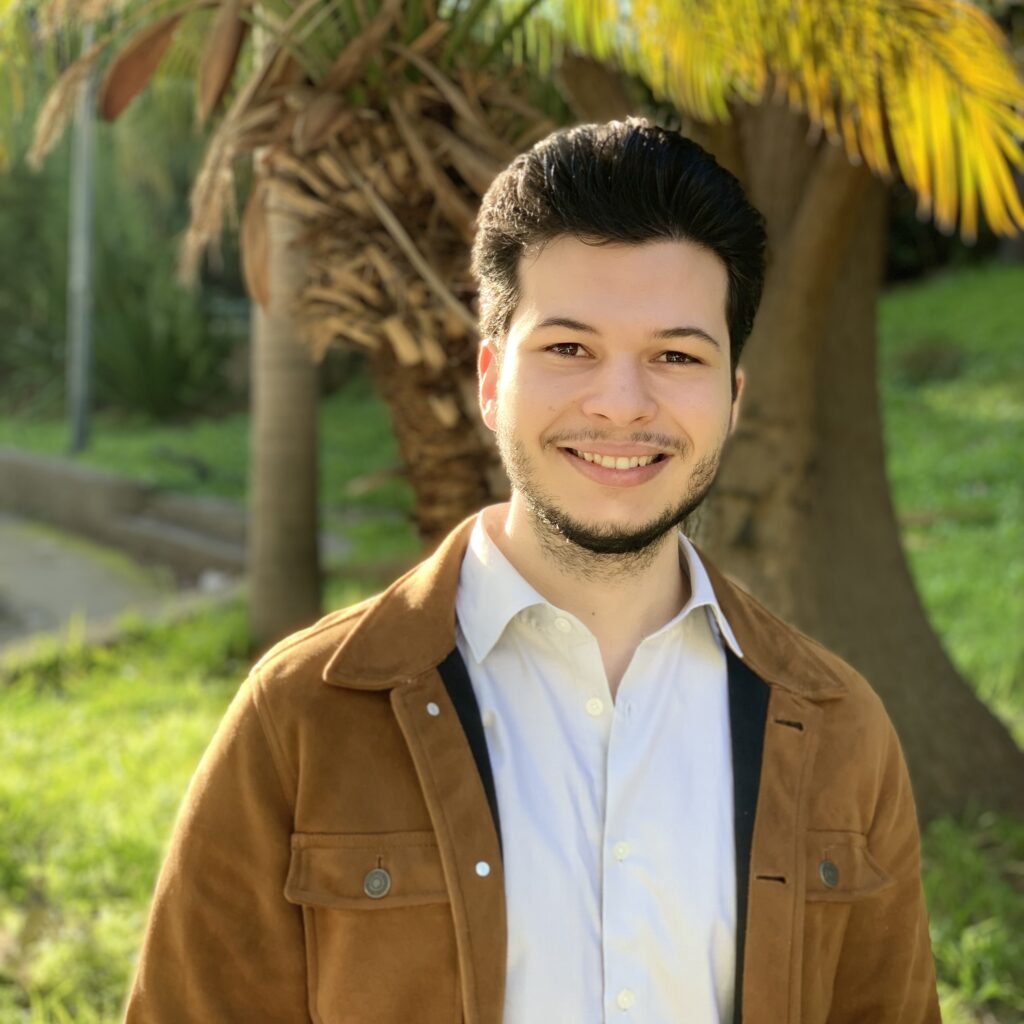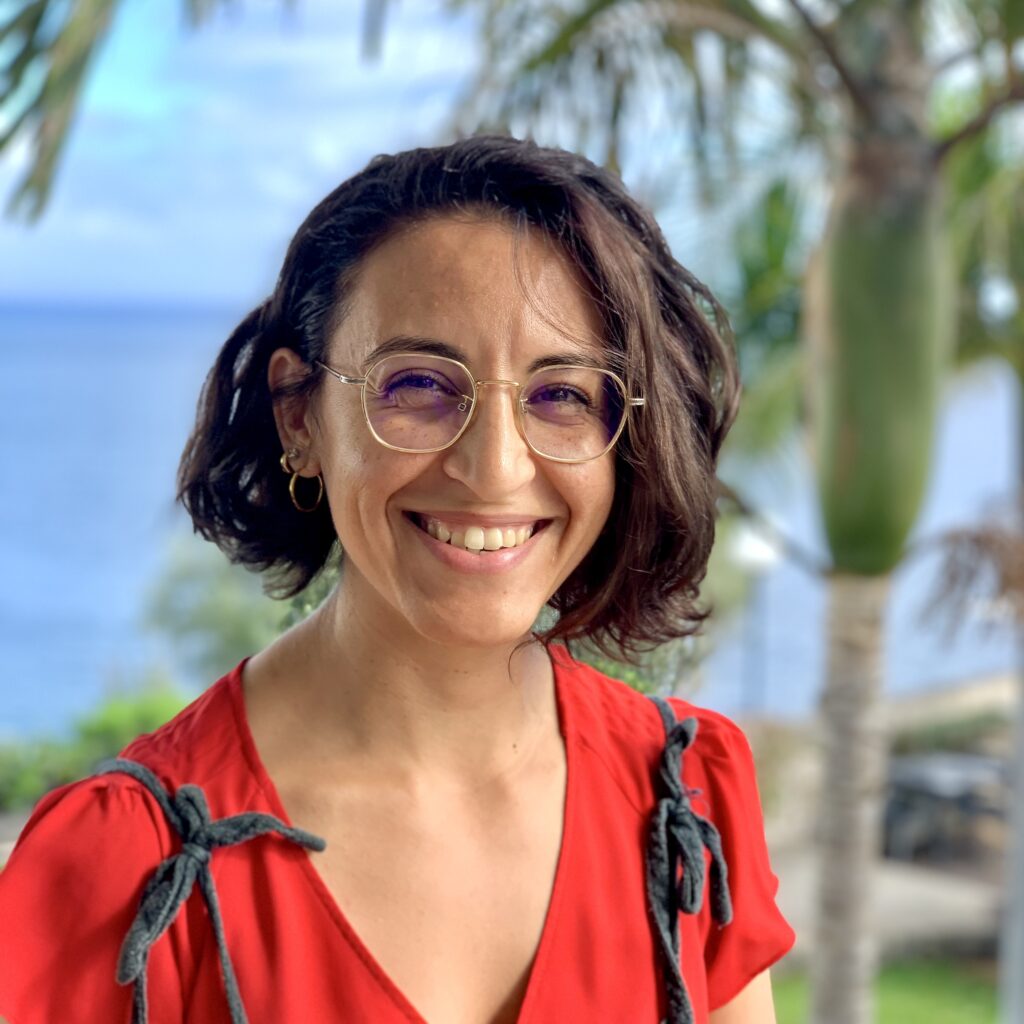The TWInning Laboratory for an Innovative Global Hub To Explore the Deep (TWILIGHTED) is an EU-funded project to build deep-sea research capacity in Madeira, Portugal, and to create novel ways of conducting deep-sea research. By focusing on low-cost methods, taking advantage of Madeira’s proximity to deep waters and creating a collaborative space for all, we seek to enable more scientists from more places around the world to participate in deep-sea research and innovation.
Led by MARE-Madeira (ARDITI/University of Madeira) and partnering with two leading European institutions, the GEOMAR Helmholtz Centre for Ocean Research Kiel (Germany) and the Norwegian University of Science and Technology (NTNU, Norway), TWILIGHTED is targeting research capacity-building in the mesophotic (40-200m) and twilight (200-1,000m) zones. The project is running now until the end of 2027 and, in addition to training workshops with our partners, we are planning various events with the wider community. Visit our events page to learn more.
Project partners
MARE-Madeira is the largest non-profit aquatic research institute in Madeira, with ongoing projects across coastal ecology, marine biological invasions, habitat mapping, marine litter, marine mammal ecology and conservation, aquaculture, ecosystem services, climate change and anthropogenic stressors. Although most marine science activities remain constrained to shallow waters (<40 m), MARE-Madeira has participated in the two most recent deep-sea expeditions in Madeira and has conducted research into mesophotic and deep-sea macrobenthic communities at depths reaching 400 m
The GEOMAR Helmholtz Centre for Ocean Research Kiel is one of the world’s leading marine research institutions. GEOMAR has extensive experience in deep-sea research and a dedicated Technological and Logistics Centre supports the development and application of the latest deep-sea technology, including remotely operated vehicles (ROVs) and autonomous underwater vehicles (AUVs). GEOMAR also has extensive experience in cruise organization, leading an average of three to five multi-week cruises on large German research vessels and more on mid-sized vessels in all ocean basins each year.
The Norwegian University of Science and Technology (NTNU) is Europe’s leading university for education and research in engineering and marine technology. NTNU has an excellent reputation in marine sciences with expertise ranging from marine technology, ecology, oceanography, aquaculture, biotechnology and cybernetics. Marine robotics is a particular area of focus, for which NTNU’s Applied Underwater Laboratory (AUR-Lab) brings expertise in control, design and operation of deep-sea underwater vehicles and instrumentation for mapping and monitoring of the ocean environment.
